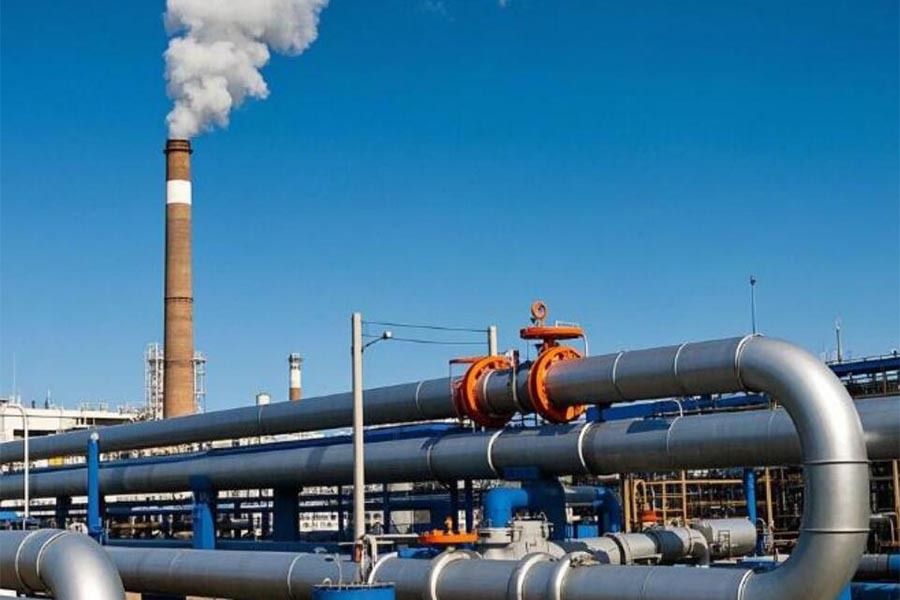What are the ships for oil transportation
Release time:
2021-11-12
Chemical tankers: designed to focus on the anticorrosion and safety of the cargo, they usually have special cargo hold designs and materials to meet the storage and transportation needs of different chemicals.
The main types of ships used for oil transportation include the following:
Tankers: also known as oil tankers, are ships specifically designed to transport oil in bulk. Depending on the type of oil being transported, tankers can be categorized into crude oil tankers and product tankers. Crude oil tankers are mainly used to transport unprocessed crude oil while product tankers are used to transport refined petroleum products such as gasoline and diesel.
Liquefied Petroleum Gas (LPG) carriers: these vessels are specifically designed to transport liquefied petroleum gas (LPG), including hydrocarbon mixtures such as propane, butane, etc. LPG carriers play an important role in the global energy supply chain, ensuring the safe transportation of LPG around the world. The market for LPG carriers has changed significantly in recent years as the demand for clean energy has increased.
LNG carriers: these ships are used to transport liquefied natural gas (LNG), a liquid form of natural gas. lng carriers have special thermal insulation and insulated designs to ensure that they remain cold during transportation.
Chemical ships: used to transport chemicals, including cargoes such as LPG, ammonia, vinyl chloride and propylene. These ships usually have special cargo hold designs and anti-corrosion materials to ensure the safety and stability of the cargo.
Characteristics and application scenarios of different types of oil carriers:
Tankers: designed to focus on stability and efficiency, they are usually of large tonnage and are suitable for long-distance transportation of crude oil and refined oil products. Design features of oil tankers include continuous tank and main deck piping systems, isolation tanks and smaller cargo tank scales to ensure safety and efficiency of transportation.
LPG carriers: these vessels are equipped with containment systems and built-in safety features to ensure safe transportation of LPG. They can also transport other liquefied gases such as ammonia and vinyl chloride and serve the refining, petrochemical, automotive and oil & gas industries.
LNG carriers: with special thermal insulation and insulating design, they are capable of safely transporting LNG in low temperature and high pressure environments. These vessels are usually equipped with multiple double lobe storage tanks to ensure cargo stability and safety.
Chemical tankers: designed to focus on the anticorrosion and safety of the cargo, they usually have special cargo hold designs and materials to meet the storage and transportation needs of different chemicals.
More information




